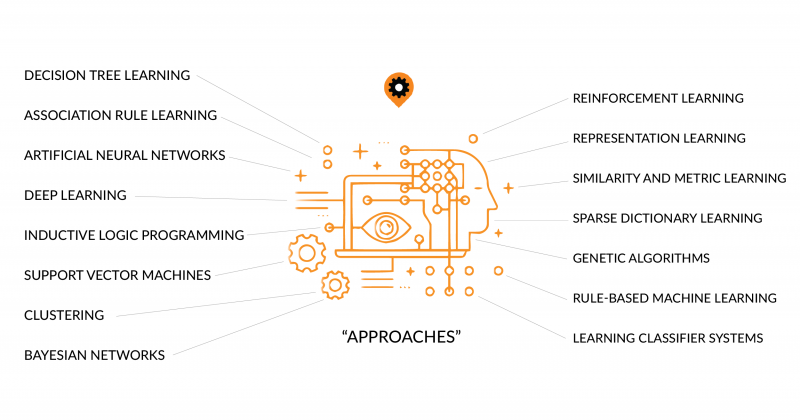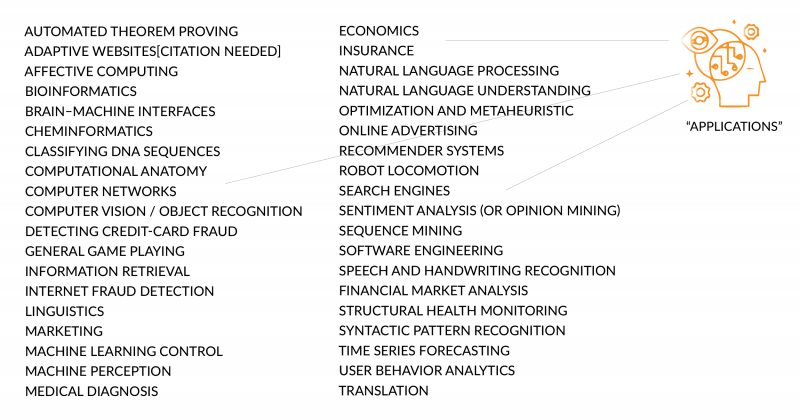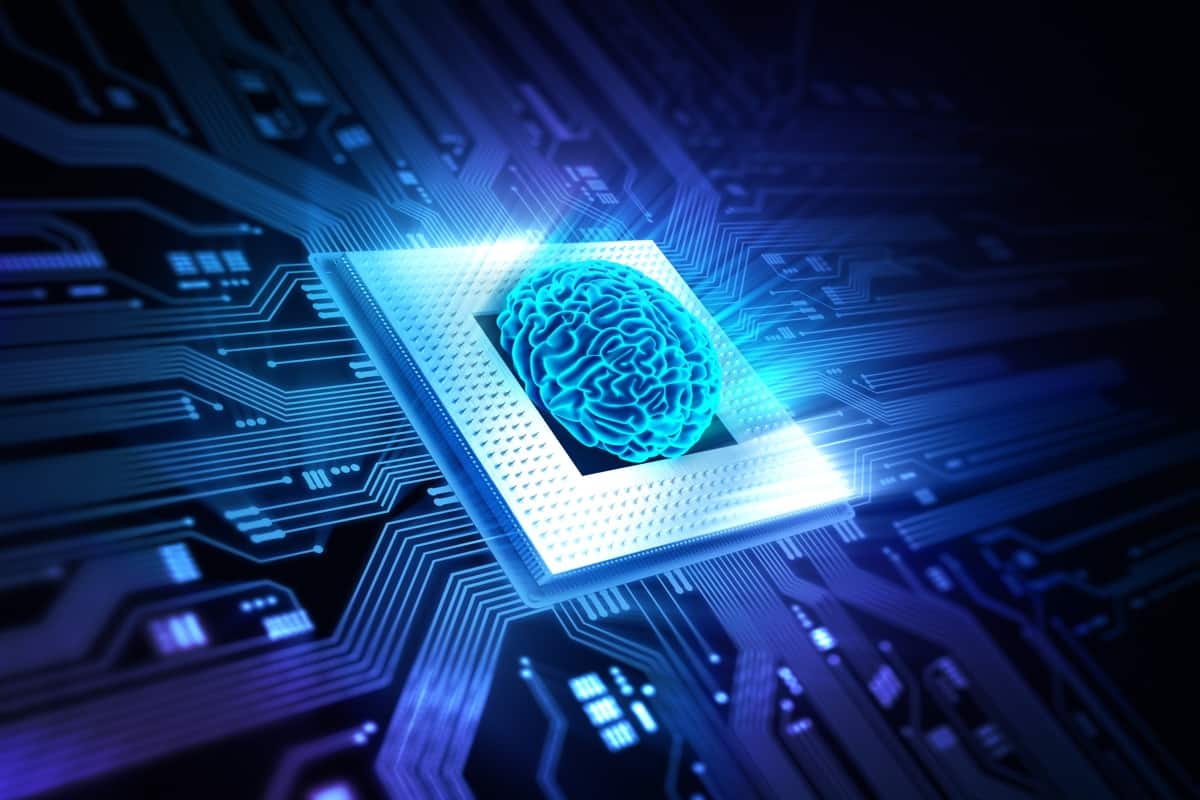The Future of Customer Service: Machine Learning
What if computers could program themselves? If programming is automation, then one might argue that machine learning is automating the process of automation. Studies predict that we will face a real deficit in terms of qualified developers by the year 2020. Writing software is the bottleneck, especially without good developers. So what if data did the work instead of people? Machine learning is a way to make computer programming scalable.
By now you've probably heard the term machine learning. Perhaps it strikes the image of a robot - emojis included - reading documents or rapid firing command lines to and from a computer. Maybe it recalls more of a sci-fi scene, something like a Tony Stark character fighting crime with technological gadgetry that responds to a threat in microseconds, scans the servers, and defends its human counterpart from the opposition. All cinematic spectacle aside, it is important to understand the differences between machine learning and other fields.
Simply put, machine learning is a field of computer science that gives computers the ability to learn without being explicitly programmed.
Way back in 1959 a man named Arthur Samuel coined the term. Evolved from the study of pattern recognition and computational learning theory in artificial intelligence, machine learning explores the study and construction of algorithms that can learn from and make predictions on data.
Some really basic example applications include email filtering, detection of network intruders or malicious insiders working towards a data breach, optical character recognition, learning to rank, and computer vision.
As we approach 2018 we hear terms such as data science, AI, data mining and data analytics thrown around like crazy. We here in sunny Austin figured for all of us, it'd be nice to have a clearer distinction for what machine learning is, how it's fundamentally categorized and perhaps create a more bite sized understanding for how it differentiates from other hot topics.
First, it's important to highlight that machine learning tasks are typically classified into two broad categories:
A. Supervised learning: The computer is presented with example inputs and their desired outputs, given by a “teacher,” and the goal is to learn a general rule that maps inputs to outputs.
B. Unsupervised learning: No labels are given to the learning algorithm, leaving it on its own to find structure in its input. Unsupervised learning can be a goal in itself (discovering hidden patterns in data).
For AI and machine learning to be successful, marketers must understand what users value and align those insights with business objectives. Intelligent technologies can't do that without human input…at least not yet.
- Brian Solis, Forbes
There are tens of thousands of machine learning algorithms and hundreds of new algorithms are developed every year.
Every machine learning algorithm has three main components:
-
Representation: How to represent knowledge. Examples include decision trees, sets of rules, instances, graphical models, neural networks, support vector machines, model ensembles and others.
-
Evaluation: The way to evaluate candidate programs (hypotheses). Examples include accuracy, prediction and recall, squared error, likelihood, posterior probability, cost, margin, entropy k-L divergence and others.
-
Optimization: The way candidate programs are generated known as the search process. For example combinatorial optimization, convex optimization, constrained optimization. - Dr. Jason Brown Lee
Any quick search will render a laundry list of 'approaches' or technically, algorithms, that are exercised by machine learning technologies. The list is long, but let's lay out some of the biggest ones which will surely become more familiar to everyday folks as we blaze a trail towards automating everything:


Let's recognize that we could go on about all the different technical aspects and various use cases, but seeing as how we are a marketing company, and the origin of this series is 'The Future of Customer Service,' how can emerging Machine Learning technology more uniquely affect our wheelhouse:
1. The importance of exploring new horizons to expand user reach:
AI/machine learning platforms can assess data from the most profitable and valuable users. But more so, these intelligent systems can assess similar profiles in complementary apps to gather additional insights such as engagement preferences, behavior, what videos they're watching online and who may be in the market for relevant offers.
2. Understanding current and next-gen user experiences:
User insights are just the beginning. AI/machine learning also improves how companies engage customers to cultivate more productive and personalized (really) experiences. The same insights are also analyzed and converted into marketing campaigns that help marketers reach the right user, with the right message at the right time on the right device.
3. The ability to upgrade the entire user journey:
User experience is directly linked to customer experience, which is defined as the sum of all engagements a customer has with a company in each touchpoint, throughout the journey and throughout their lifecycle. It's not one moment, it's all the moments combined. Each moment needs to be personalized and memorable. That takes informed design. AI/machine learning helps marketers optimize everything especially, app store landing page, app homepage, user flow and in-app events.
Intelligent platforms are certainly creating new opportunities for businesses to differentiate themselves, cultivate more profitable users and more importantly, deliver personal and memorable experiences. There are opportunities at hand. Who will get to it first — you or your competitors?
What's captured your eye lately in this quickly evolving realm? Let us know your thoughts by leaving a comment in the chat below!

